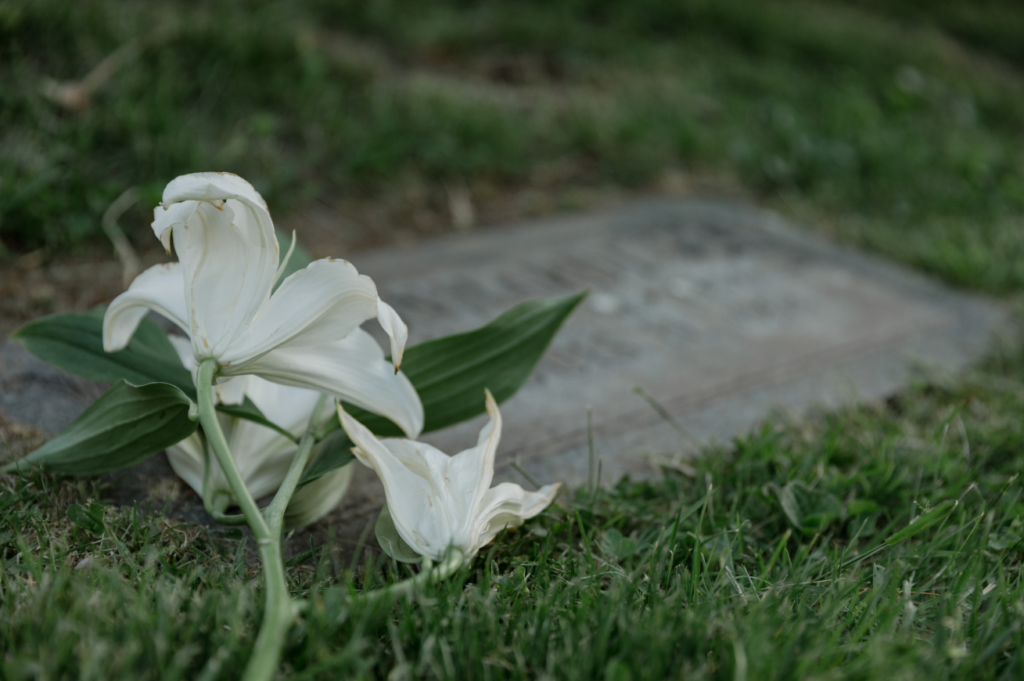

By Andrew Campbell, Catholic Charities Jackson, Mississippi
At Catholic Charities, Jackson, Mississippi, we operate by a written equity statement to guide us in our interactions and relationships at work: We acknowledge the inherent dignity of each person regardless of race, faith, gender, sexual orientation, socio-economic status or background. We believe in being compassionate to all individuals who come through our doors. This belief informs the imperative to work to end racism, invest in racial equity and intentionally create a culture of inclusion and belonging.
In our view, the equity statement proceeds from the fundamental principle of Catholic social thought and biblical teaching on the dignity of the human person: “God created mankind in his image; in the image of God he created them; male and female he created them” (Gen 1:27). The first truth about each human person is that God loves her or him (Jn 3:16).
The challenge is to keep the fundamental dignity of each person in the forefront of our minds as we go about our work. One might think the challenge is not too difficult given the constant teaching of the Church on the matter. However, we are influenced by not only our faith tradition but also the culture in which we live. The sin of racism is an obvious example, made even more apparent with the unrest enveloping the United States during the summer of 2020.
In the U.S. from 1619 to 1965, laws, policies and practices – from Jim Crow to redlining – legally separated white and Black people in order to maintain a white supremacist society. The consequences of these decisions still infect the U.S. culture today via a systemic racism that may not be as overt as Jim Crow but just as dehumanizing and unjust.

In order to confront and work toward ending systemic racism, it must first be recognized. However, in many workplaces, words like ‘racism,’ ‘whiteness’ and ‘privilege’ make people uncomfortable; people may be quite resistant to acknowledging that such biases exist within the culture and have excluded Black people from most of the benefits other races may take for granted.
Catholic Charities interrupted these patterns of resistance by facing the topic squarely and transparently through workplace trainings and by applying inclusive policies.
In August 2020, Executive Director Wanda Thomas implemented a two-day training course entitled, “Catholic Charities All Star Workshop: Ready, Set, Grow.” The training educated staff about the history of racial inequity and the reality of personal biases, as well as the need for building empathy, respecting others and getting comfortable with vulnerability.
Patterns of resistance have also been addressed around issues such as hiring, pay equity and advancement. For example, we recently received 25 to 30 applications for a wraparound facilitator position. During the interview process, we intentionally included candidates from a variety of backgrounds. Moreover, our agency is moving toward racial equality by addressing the dynamics of power in the workplace, making sure that leadership represents the full diversity of our staff.

Creating an inclusive workplace is hard, but like most difficult tasks the effort is worth it. To measure our progress we will track change in our work culture in multiple ways. We will track staff engagement, satisfaction and tenure disaggregated by race, role and level so that we can identify disparities. An annual competency survey will be conducted to gauge our collective understanding of how race impacts our work, asking questions like: How prepared are staff to recognize and address interpersonal, institutional, and structural racism in our work environment? How often are staff taking risks and putting aside discomfort to engage in critical conversations about race and inclusion? How much does the Catholic Charities leadership participate in and support conversations about racial equity and inclusion?
At Catholic Charities we are committed to grow and to build a workplace and society that truly honors and respects the dignity of each human person, made in the image of God.








